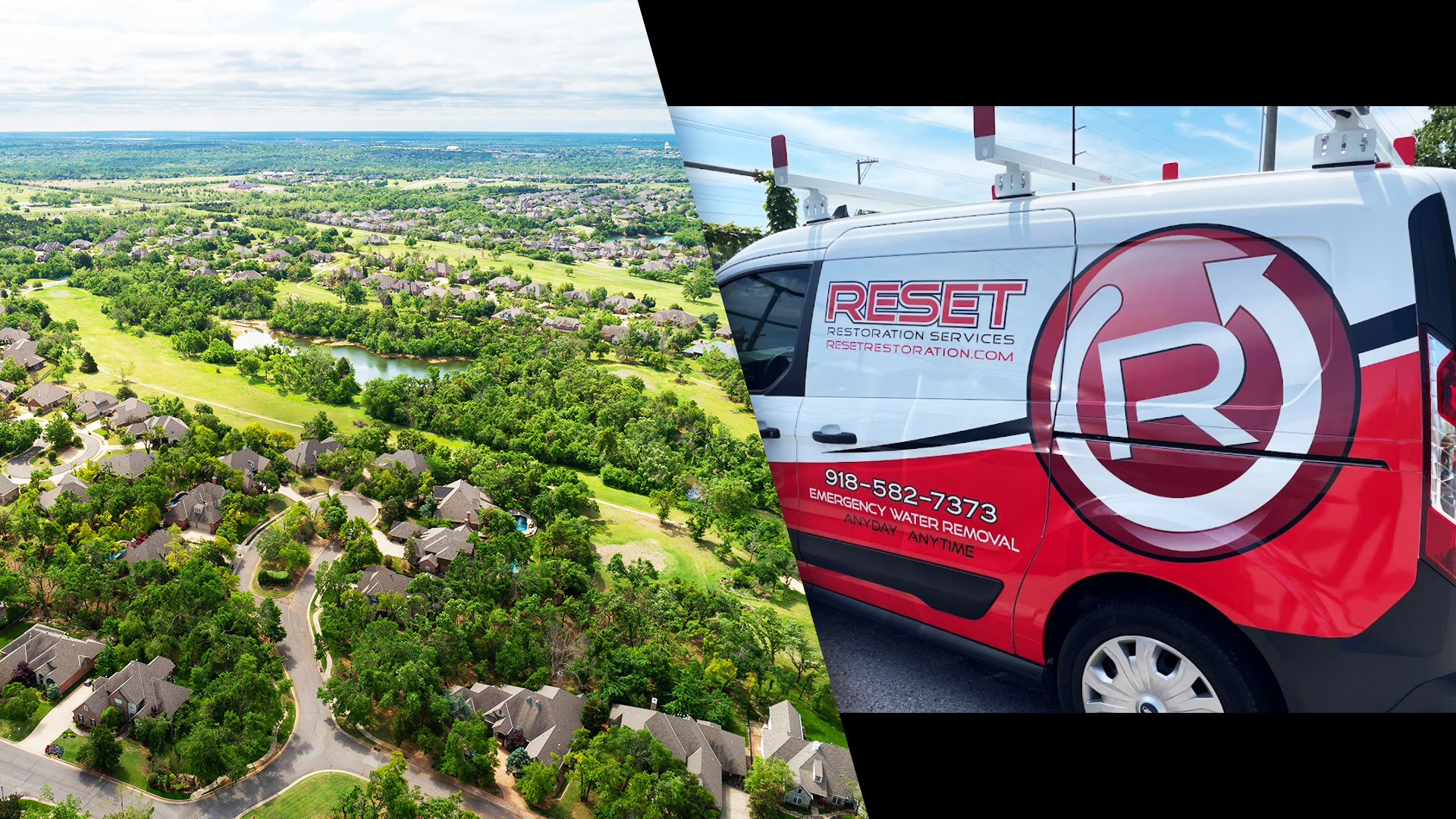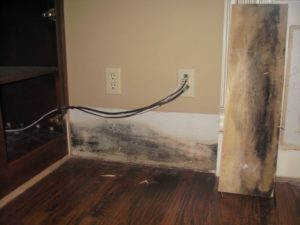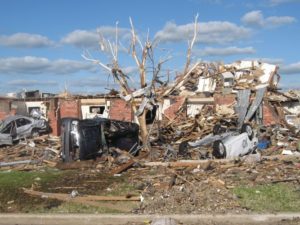When a fire happens, drywall often gets damaged by smoke. This material can get stained, change color, and smell bad. Homeowners often wonder if they should fix or replace the drywall after a fire.
The issue isn’t just about looks; smoke can really get into drywall. This can cause problems later if not fixed right. It’s important to know how bad the damage is and what to do to fix it.
Key Takeaways
- Drywall’s porous nature makes it susceptible to smoke damage.
- Smoke can cause discoloration and lingering odors in drywall.
- The decision to repair or replace drywall depends on the extent of the damage.
- Proper assessment is key to determining the best course of action.
- Restoration efforts should prioritize removing smoke damage to prevent long-term issues.
Assessing Fire Damage to Drywall
Checking the state of drywall after a fire is key to figuring out what repairs are needed. Drywall, being a porous material, can soak up smoke particles. This can cause discoloration, bad smells, and air quality problems over time.
The type of smoke matters a lot for the damage it causes. Smoke from a hot fire can damage differently than smoke from a slow, smoldering fire. Knowing this helps us understand the damage better.
Types of Smoke and Their Impact
There are mainly two kinds of smoke: wet and dry. Wet smoke, from low-temperature fires, can deeply damage drywall and leave bad smells. Dry smoke, from hot fires, leaves a dry, powdery residue on surfaces.
- Wet smoke can get into drywall’s pores, making it hard to clean and often needing to be replaced.
- Dry smoke, while less invasive, can also cause surface damage and needs thorough cleaning or replacement.
Signs of Smoke Damage on Drywall
Spotting smoke damage signs is important for a good check-up. These signs include:
- Discoloration or staining on the surface
- Warping or buckling due to moisture absorption
- Persistent odors even after cleaning
Figuring out how bad the damage is means looking at these signs and deciding what to do next. This could be cleaning, fixing, or replacing the drywall. Experts in fire damage restoration can help a lot with this. They make sure the drywall is safe and looks good again.
Do You Have to Replace Drywall After a Fire?
Fire damage can weaken drywall, making it necessary to replace it in some cases. The damage’s extent decides if drywall can be fixed or if it must be replaced.
When checking drywall after a fire, several things matter. The visible damage, smoke and soot, and hidden moisture damage all play a role. These factors help decide if drywall needs to be replaced.
Signs That Indicate Replacement is Necessary
There are clear signs that show when drywall needs to be replaced after a fire. These include:
- Visible cracks or breaks in the drywall
- Persistent bad odor even after thorough cleaning
- Evidence of moisture damage or water intrusion
If drywall shows any of these signs, it’s likely time for a replacement. Experts also look at the cost, health risks, and long-term safety of the repair. They decide between fixing or replacing the drywall based on these factors.
The cost of fire damaged drywall replacement varies a lot. It depends on the damage’s extent and the area’s size. Homeowners should know that insurance might cover some or all of the costs for fire damaged drywall removal and replacement. It’s important to document the damage well and talk to insurance providers. This helps understand what’s covered in fire damaged drywall insurance claims.
Conclusion
Deciding whether to repair or replace drywall after a fire is key. It depends on how bad the smoke damage is. Experts in fire restoration can check the damage and suggest the best way to fix it.
Fire restoration drywall contractors are very important. They help figure out if the drywall can be fixed or if it needs to be replaced. This ensures the repair work is done right.
Knowing how bad the damage is and getting professional advice is important. This way, property owners can make smart choices about fixing or replacing the drywall. This helps in making their properties safe and healthy again.




